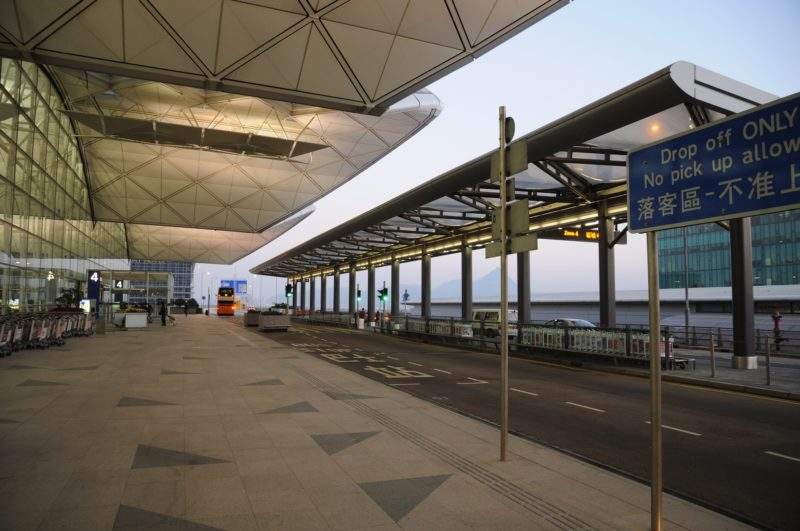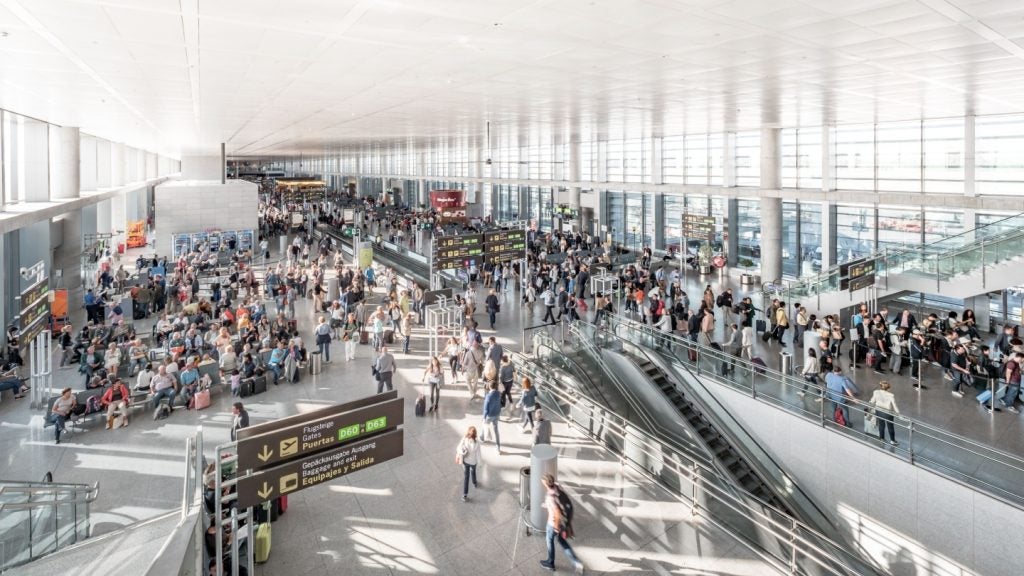
Airport IT company SITA has published a report that finds smart technologies such as AI and radio-frequency identification (RFID) will be critical to airlines being able to track every bag they handle by June 2018, a target set by the International Air Transport Association (IATA).
The report, ‘Intelligent Tracking: A Baggage Management Revolution’, says that more than 4.5 billion bags are handled by baggage systems each year; SITA predicts this number will double within 20 years, as passenger numbers grow from 4 billion to 7.8 billion by 2036. While currently only half of the world’s airlines can track bags across a quarter of their networks, 60% of airlines surveyed by SITA predicted that advances in technology would enable them to track bags across three quarters of their networks by June.
“Investment in baggage processing is a high priority for more than half of the world’s airports and number four in their list of top investment areas,” says SITA in its report.
“Airports are investigating new technologies to support baggage services, with around half planning to pump funds into RFID and digital tags over the next three years.”
SITA goes on to predict that AI-powered machines will be able to track bags from the point of a passenger checking in all the way to their destination without human intervention. It states that automatic sortation systems that move bags from airports into planes are already being used, and that some airports have even deployed robotic loaders and unloaders to further automate the process.
The air transport industry has reduced its annual costs from mishandling from US$4.22bn to US$2.1bn over the last decade, and SITA says that AI intervention will further this reduction.
How well do you really know your competitors?
Access the most comprehensive Company Profiles on the market, powered by GlobalData. Save hours of research. Gain competitive edge.

Thank you!
Your download email will arrive shortly
Not ready to buy yet? Download a free sample
We are confident about the unique quality of our Company Profiles. However, we want you to make the most beneficial decision for your business, so we offer a free sample that you can download by submitting the below form
By GlobalDataWhile many automated systems are either theoretical or operate on small scales, Hong Kong International Airport has used AI in a trolley monitoring system since September 2017 to great effect.
“Today, we use RFID technology comprehensively in baggage handling, from departure, to transfer and to arrival,” said Chris Au Young, general manager of the airport.
“It enhances operational efficiency and security, providing better passenger experience.”
The airport reports 92% accuracy in its Real-time Trolley Supply Monitoring System, which uses machine learning, image-based technologies and CCTV cameras to monitor baggage trolley availability.
“We see there are opportunities to use AI in further optimizing the tracking of baggage and become part of the future standard in airport operations,” said Young.





